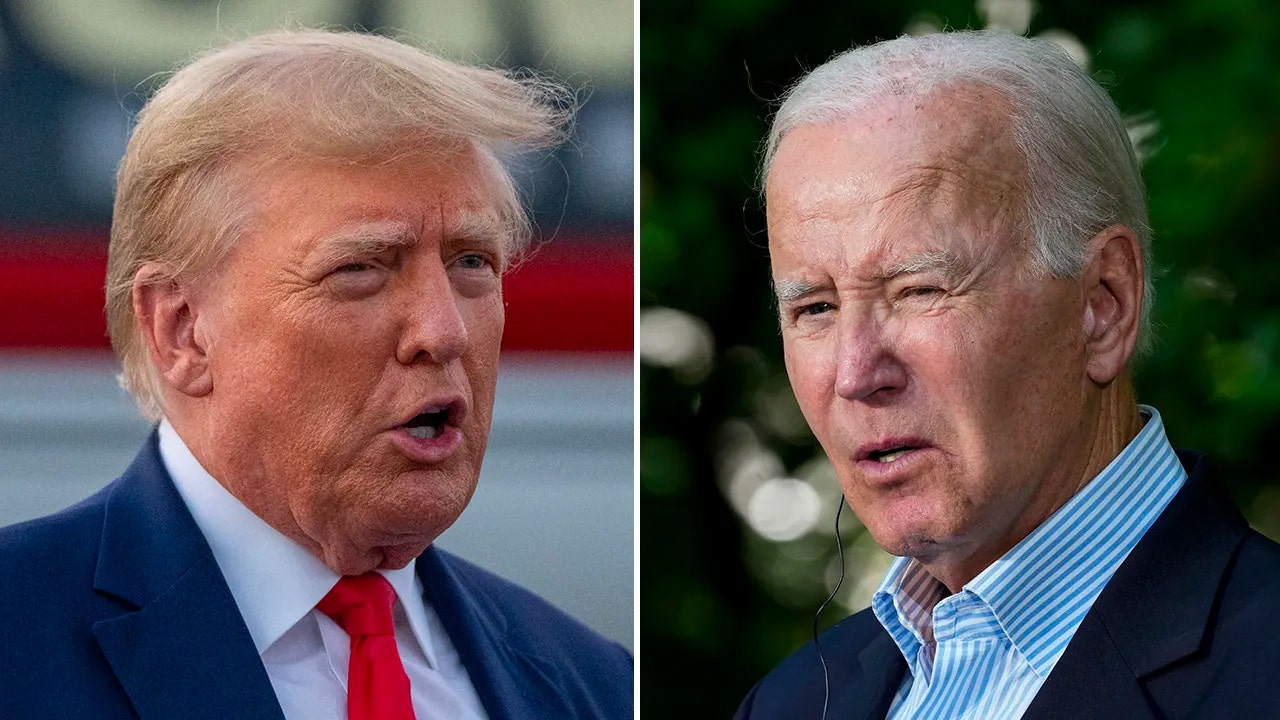Trump's Somalia Support: A Biden Critique
The relationship between the United States and Somalia has been a complex and often turbulent one, marked by periods of intervention, withdrawal, and fluctuating levels of engagement. The Trump administration's approach to Somalia, characterized by a significant increase in military support and a less hands-on diplomatic strategy, has drawn considerable criticism from the Biden administration. This analysis will delve into the key differences in approach, examining the justifications, criticisms, and potential long-term consequences of each strategy.
Trump's Strategy: A Military-Focused Approach
Under President Trump, the US military presence in Somalia saw a notable escalation. This involved increased airstrikes against al-Shabaab, a designated terrorist group, and a bolstering of support for the Somali National Army (SNA). The core justification for this approach centered on counter-terrorism efforts, aiming to degrade al-Shabaab's capabilities and prevent further attacks, both within Somalia and potentially against US interests abroad.
This strategy prioritized direct military action over broader nation-building initiatives or significant diplomatic engagement with the Somali government. Proponents argued that a strong military response was necessary to curb al-Shabaab's influence and protect US national security interests. The thinking was that a decisive military approach would create space for a more stable and secure Somalia in the long run.
Criticisms of the Trump Approach:
-
Lack of Long-Term Strategy: Critics argued that the Trump administration's focus on military action lacked a cohesive long-term strategy for Somalia's political and social development. Simply targeting al-Shabaab militarily, without addressing the underlying issues fueling the group's recruitment and support, was seen as unsustainable.
-
Civilian Casualties: The increased airstrikes inevitably resulted in civilian casualties, raising ethical concerns and potentially fueling resentment against the US presence. This, critics argued, could ultimately undermine counter-terrorism efforts and destabilize the region further.
-
Limited Diplomatic Engagement: The comparatively limited diplomatic engagement with the Somali government and other regional actors was seen as a significant weakness. A more holistic approach, involving greater diplomatic efforts to promote political reconciliation and economic development, could have yielded more sustainable results.
Biden's Critique and Alternative Approach:
President Biden, upon assuming office, inherited the legacy of the Trump administration's Somalia policy. However, his administration has signaled a shift towards a more nuanced and less militaristic approach. While acknowledging the ongoing threat posed by al-Shabaab, the Biden administration has expressed concerns about the long-term effectiveness and potential unintended consequences of a solely military-focused strategy.
This shift is evidenced by a review of the US military footprint in Somalia, a greater emphasis on diplomatic engagement with regional partners, and a renewed focus on supporting the Somali government's own efforts to combat al-Shabaab. The Biden administration seems to favor a more holistic approach, integrating counter-terrorism efforts with diplomatic initiatives focused on good governance, economic development, and reconciliation.
Key Elements of Biden's Approach:
-
Increased Diplomatic Engagement: The Biden administration has prioritized enhanced diplomatic relations with the Somali government and regional partners, seeking to foster collaboration and coordinate efforts against al-Shabaab.
-
Emphasis on Development Assistance: Alongside military support, a greater emphasis is placed on development assistance aimed at addressing the root causes of instability in Somalia, including poverty, unemployment, and lack of governance.
-
Prioritizing Somali Ownership: The Biden administration stresses the importance of Somali ownership and leadership in addressing the country's security and development challenges.
Long-Term Implications and Conclusion:
The contrasting approaches of the Trump and Biden administrations towards Somalia highlight a fundamental debate regarding the most effective strategy for counter-terrorism in fragile states. While a military-focused approach can achieve short-term gains, a more holistic strategy that addresses the underlying political, social, and economic factors contributing to instability is often seen as necessary for achieving sustainable peace and security.
The long-term success of the Biden administration's approach will depend on various factors, including the willingness of the Somali government and regional partners to cooperate, the effectiveness of development assistance programs, and the ability to mitigate the threat posed by al-Shabaab. The ongoing situation in Somalia underscores the complexities and challenges involved in addressing terrorism and promoting stability in fragile states, demanding a nuanced and adaptable approach that balances military action with broader diplomatic and development efforts. Only time will tell whether Biden's recalibration proves more effective in achieving long-term stability in Somalia than Trump's more aggressive military strategy.
